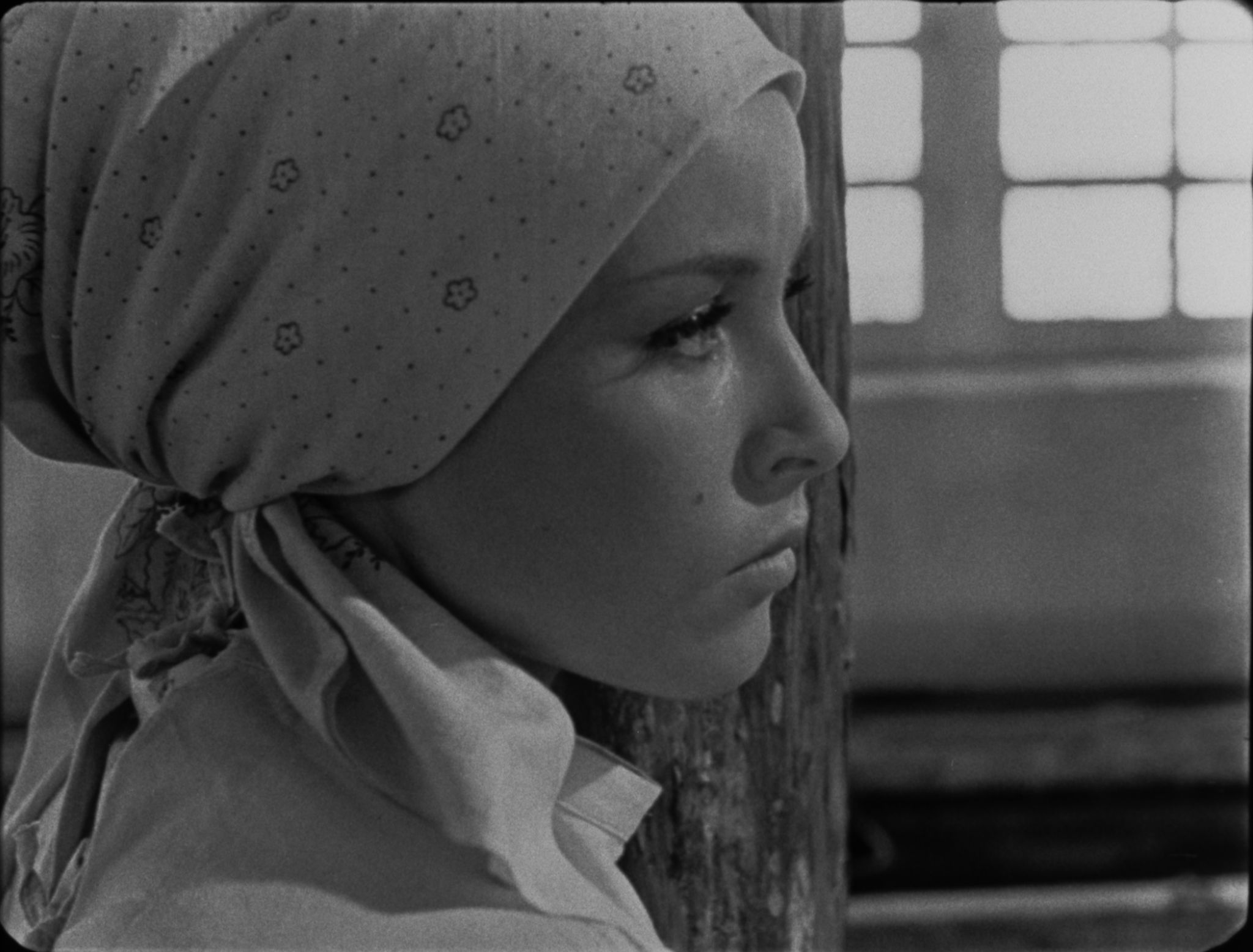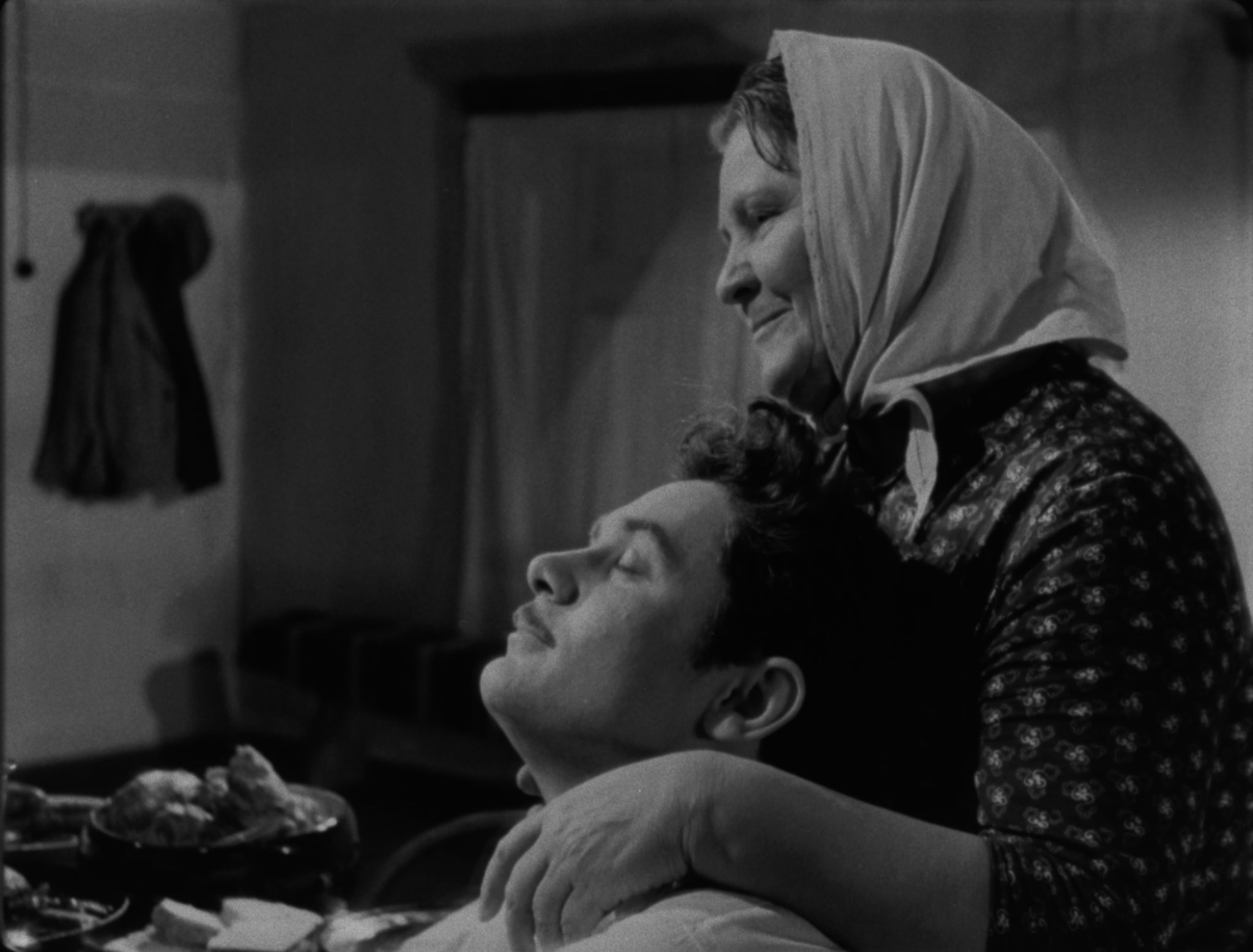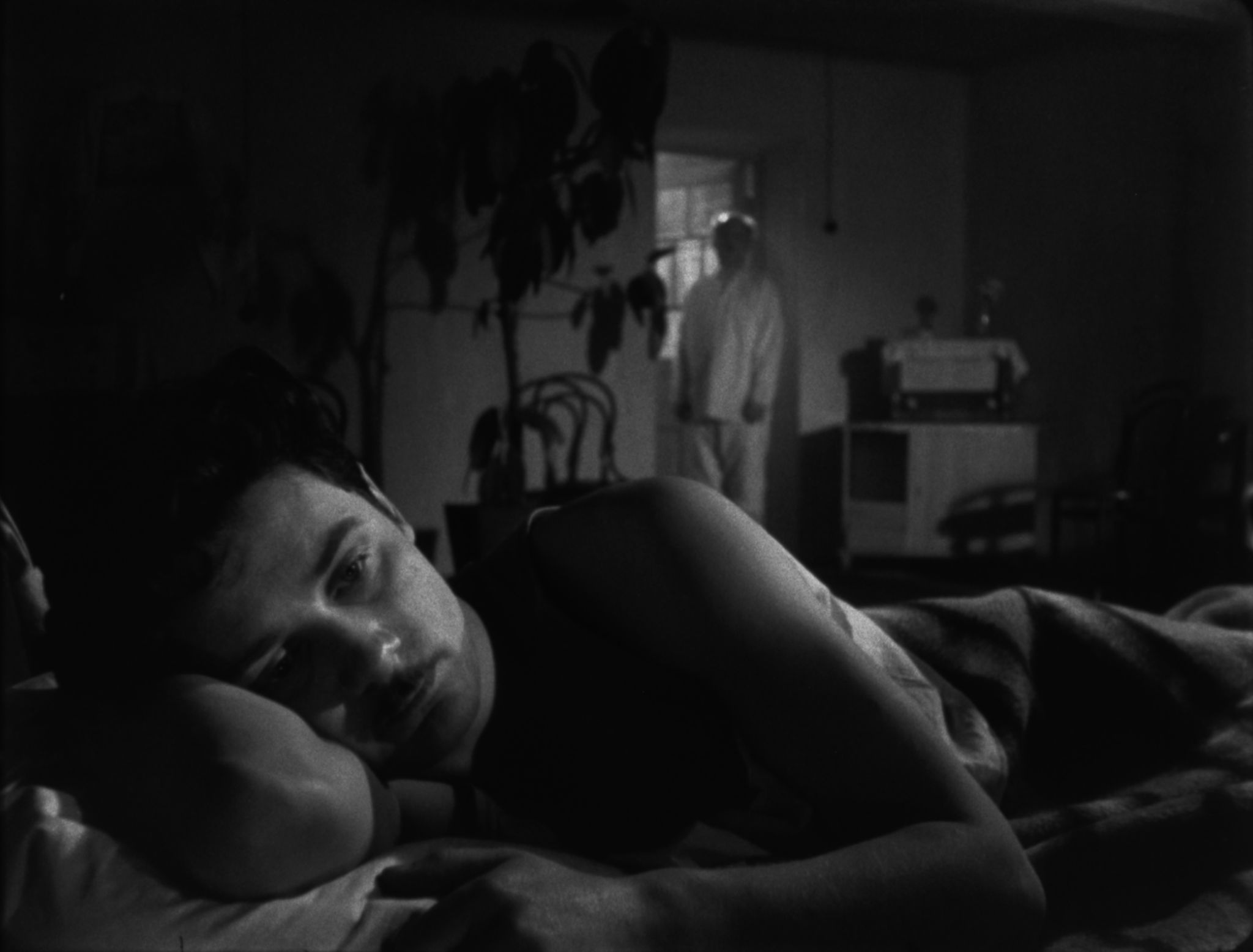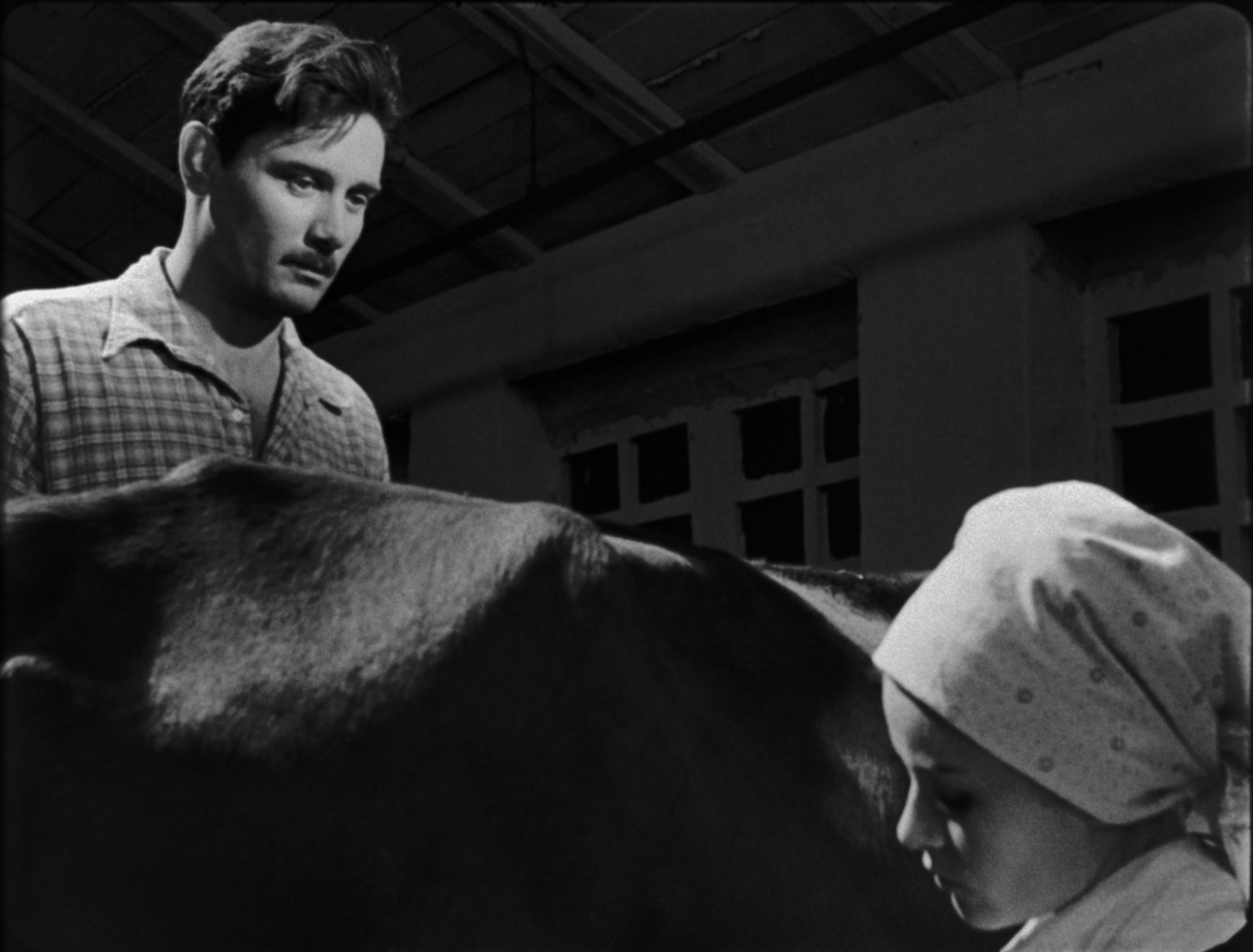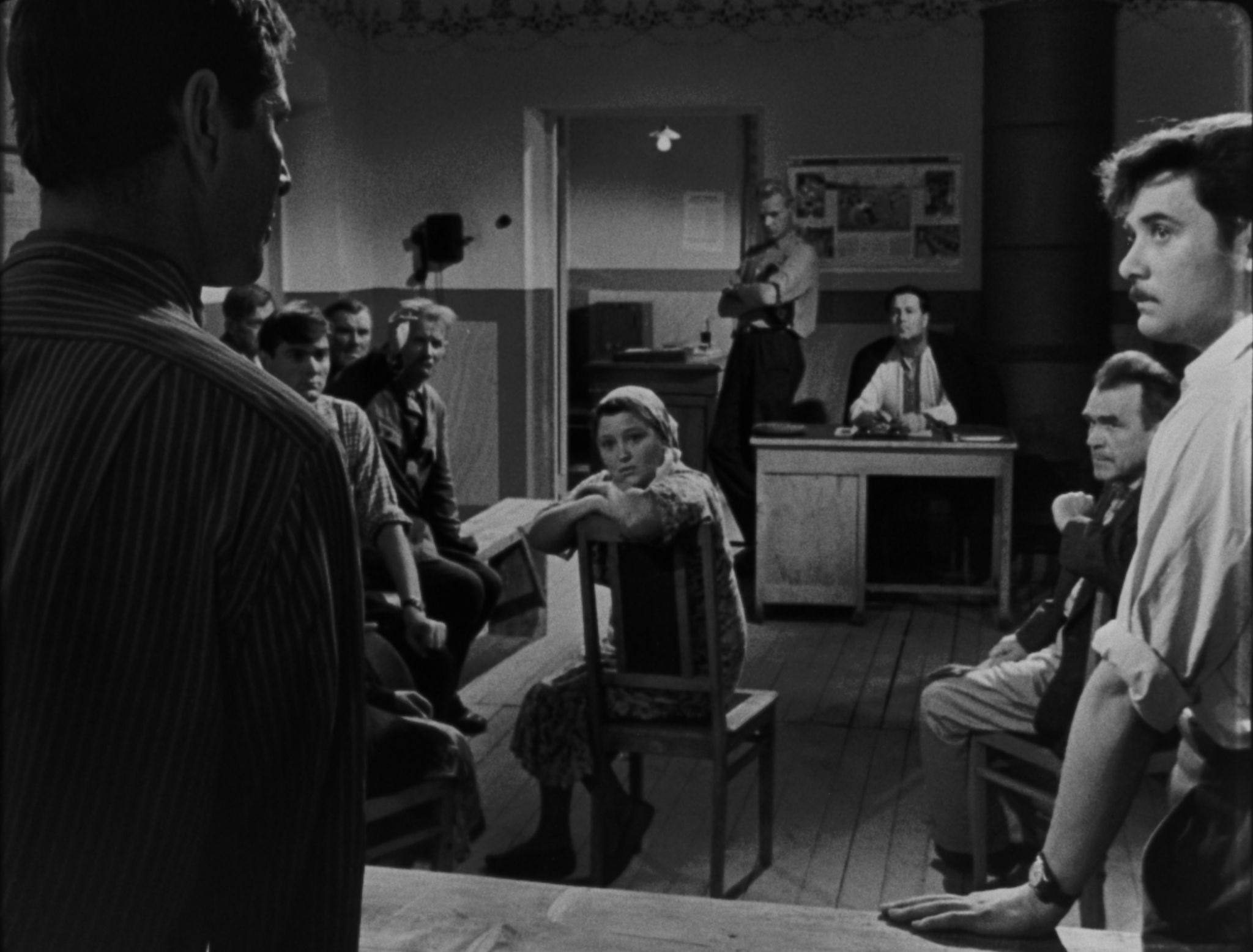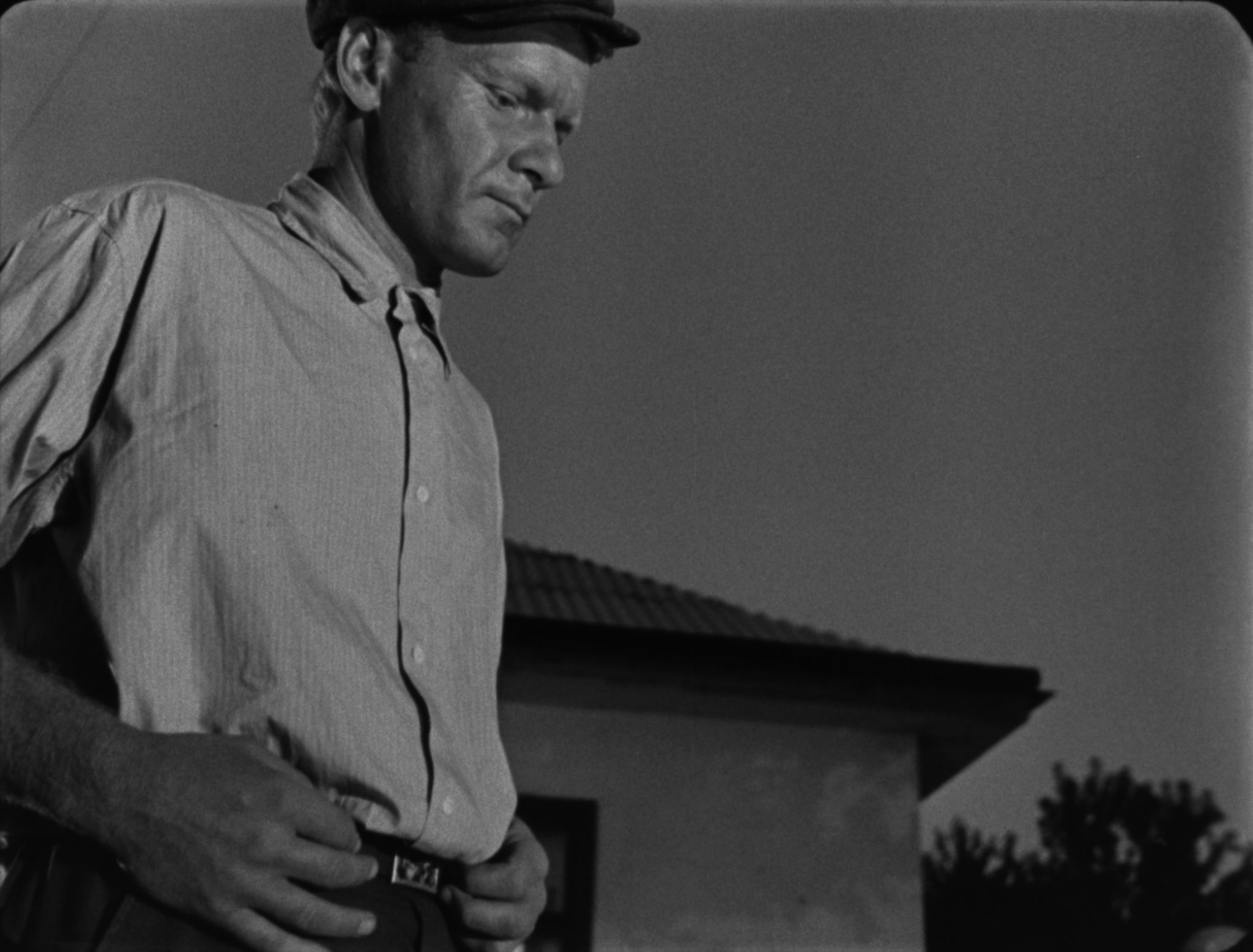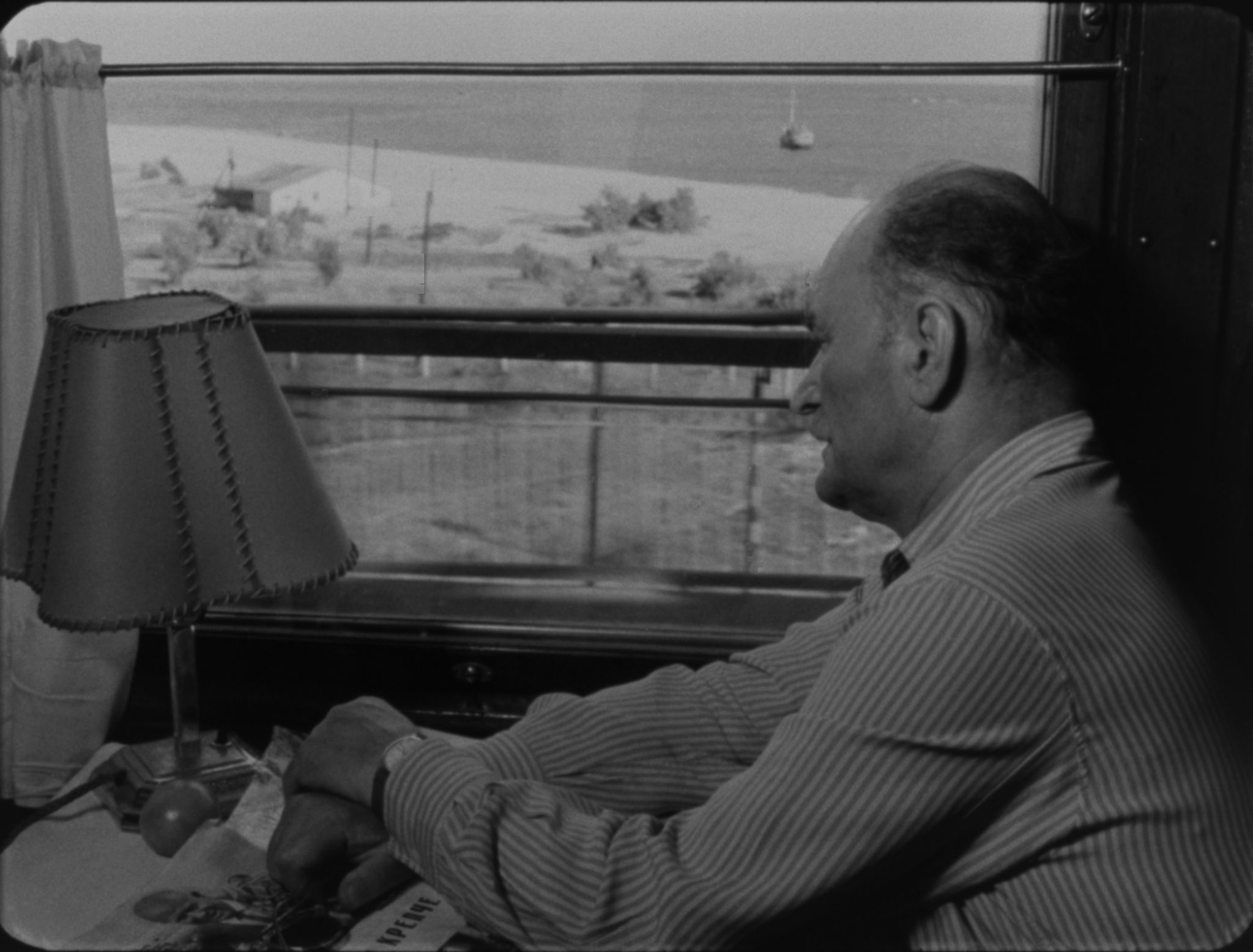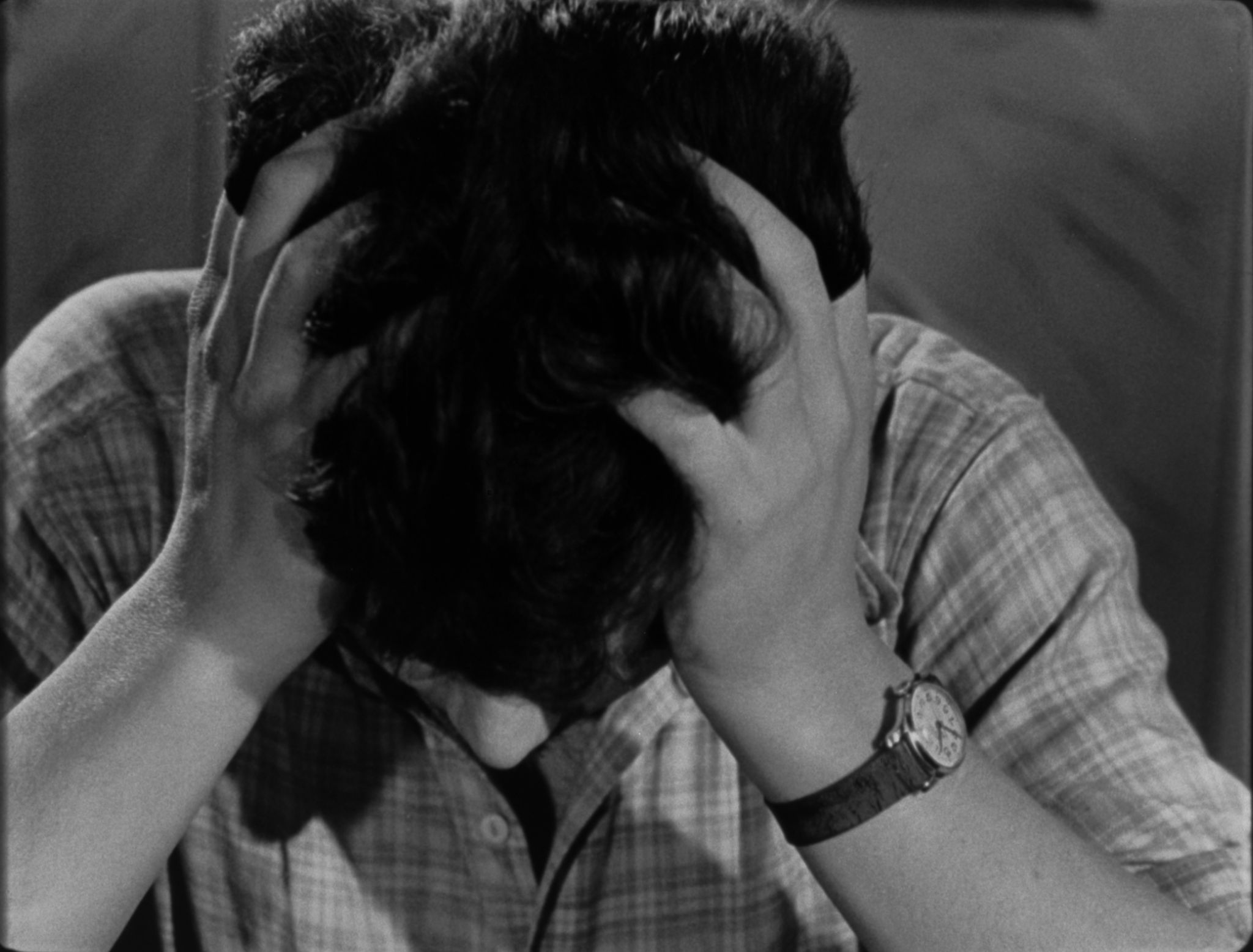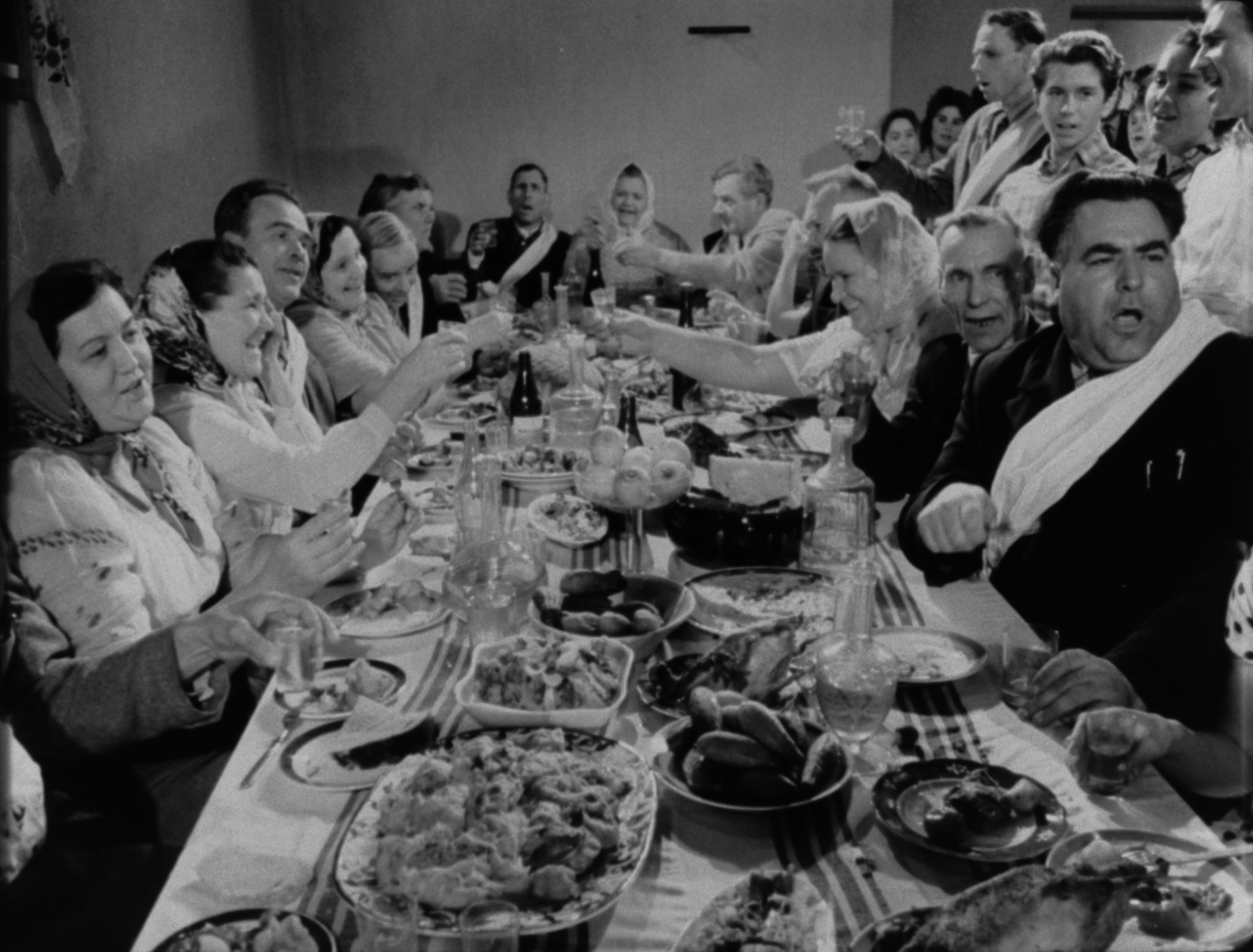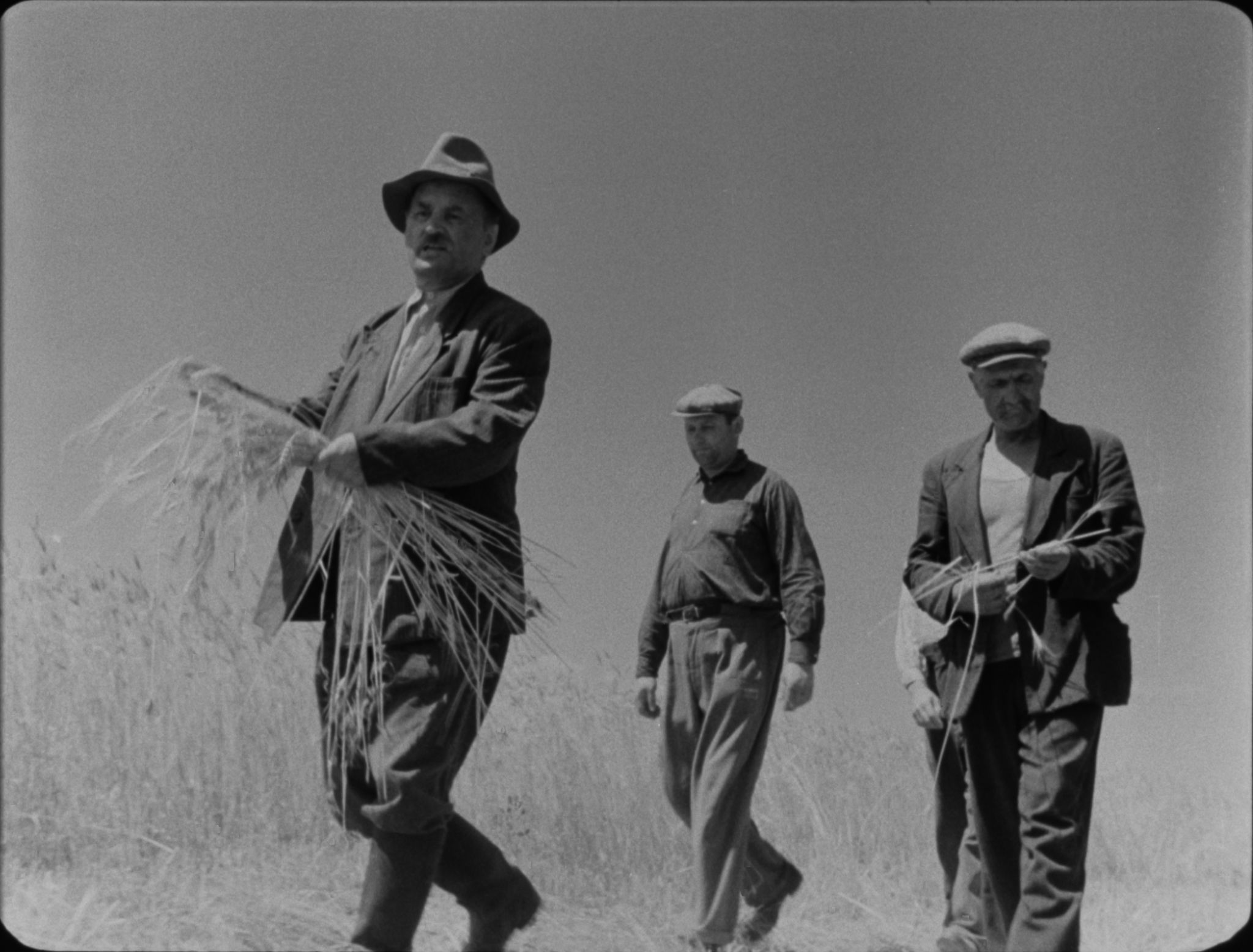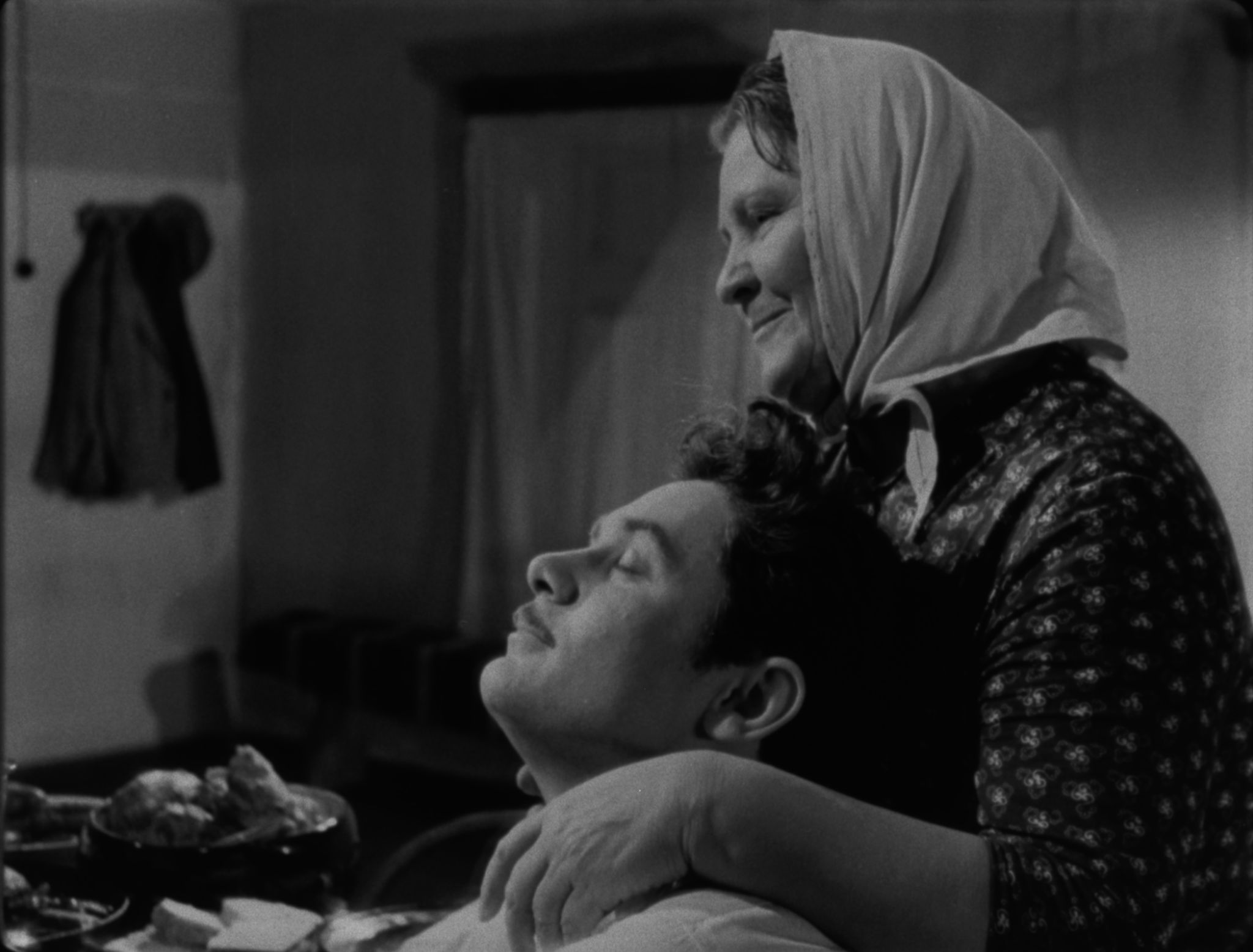
Our Honest Bread / Nash chesnyi khlib
1964
Ukrainian SSR, Odesa Film Studio
94 min
Kira Muratova, Oleksandr Muratov
Ivan Bondin
Yurii Romanovskyi, Aleksandr Rybin
Dmytro Myliutenko, Oleh Fandera, Liubov Kaliuzhna, Petr Liubeshkin, Gennadii Yukhtin, Marchella Chebotarenko, Liudmyla Karaush, Halyna Butovstska, Viktor Miroshntchenko, Yurii Tavrov
The management decides to relieve Makar Zadorozhnyi from his position as the Head of the Collective Farm and to send him to a sanatorium to rest. They appoint Makar’s son, Oleksandr, a recent graduate of the Agricultural Institute, as the new head. However, the overconfident young man has no experience, ignores others’ opinions, and soon the Collective Farm faces the threat of complete collapse. News of this reaches Makar. Interrupting his treatment, he returns to his native village just as his son decides to leave for the city. The father forces Oleksandr to stay on the Farm and together they work to correct all the mistakes.
This is the second joint film by Kira Muratova and her first husband Oleksandr Muratov. Prior to this, they graduated from VGIK together and filmed their diploma project By the Steep Ravine at the Gorky Film Studio. They brought their own script for the film Escape to Odesa. However, the Studio said that the timing was not right for such a film and assigned them to adapt a script by Ivan Bondin. Still, they were unable to start production for almost three years. This story was about village life, and it was the type of content that the Communist party leadership was demanding from the Studio at the time.
The Muratovs reworked the script and made a film in which many ideological elements were presented not as straightforwardly. Most importantly, they managed to create a visually masterful film with vivid characters and a fairly realistic depiction of village life. In some ways, this backfired on them. Instead of the anticipated success, Our Honest Bread caused a real stir. It was rejected several times—first in Kyiv, then in Moscow. In Kyiv alone, the directors were required to make about sixty revisions to the finished film. Ultimately, the reworking of the film stretched over three years. Eventually, it was accepted for release in theaters, but it went almost unnoticed and remains one of the least known works in the filmographies of its creators.
